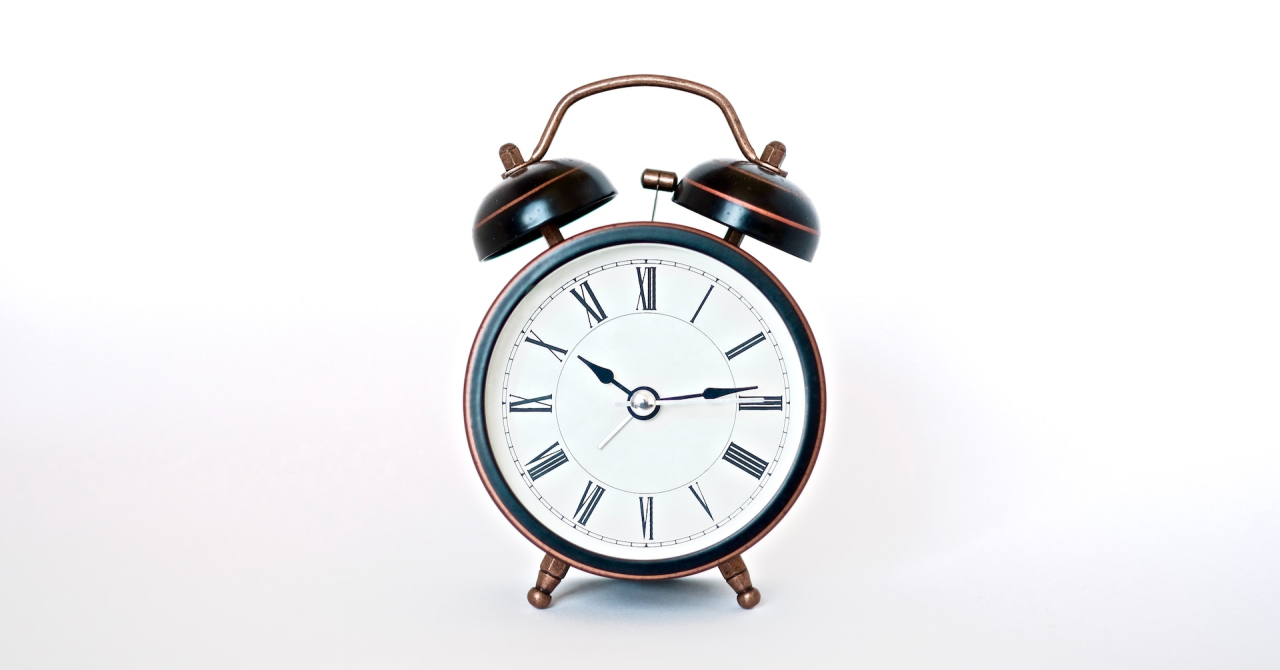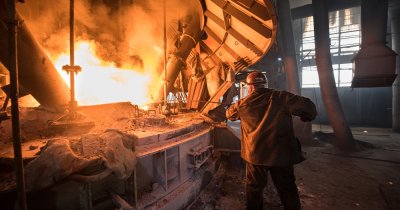Innovative News Network reports that some people oppose Daylight Savings Time, as it cuts not only on our morning source of light, meaning that some have to leave work in the dark, but it also disturbs our sleeping.
Nonetheless, it seems like this system, proposed by George Hudson back in 1895, could have great benefits for our heavily industrialized world. Even if we have less light in the morning, when we're likely sleeping or leaving for work, it is more beneficial to have more natural light and heat in the afternoon, meaning that we don't need to turn on our lights until later in the evening.
Sven Eggimann from Empa’s Urban Energy Systems Lab said that "that was the original intention behind the introduction of daylight saving. From our point of view, however, it makes sense to look not only at the impact on electricity savings in lighting but on the overall energy consumption of a building."
Experts at Urban Energy Systems Lab did their own testing to see if this is truly beneficial or not. In their findings, they determined that "this one-hour shift in working hours also impacts the current and future heating and cooling demand of buildings, which is yet to be thoroughly investigated.”
To test their hypothesis, the experts took data from office buildings located in 15 US cities across multiple climatic regions and they also took into account the impact climate change-related events would have on energy consumption up to 2050.
Massimo Fiorentini, who conducted the study along with Eggimann, said that "switching to daylight saving time can reduce an office building’s cooling energy by up to almost 6%. At the same time, heating demand can increase by up to 4.4% due to the earlier start of work in the morning. However, since much more cooling than heating energy is needed in summer, the time change has an overall positive effect on the energy balance of a building."
While energy savings depended on each area, an average of 3% was observed and more importantly, office buildings in all cities would save some power.
However, despite Daylight Savings Time being effective at reducing power use overall, experts say that it is important that people are also being educated with regards to energy economy habits and also that buildings are constantly being improved for efficiency.
 Mihai - Cristian Ioniță
Mihai - Cristian Ioniță












Any thoughts?